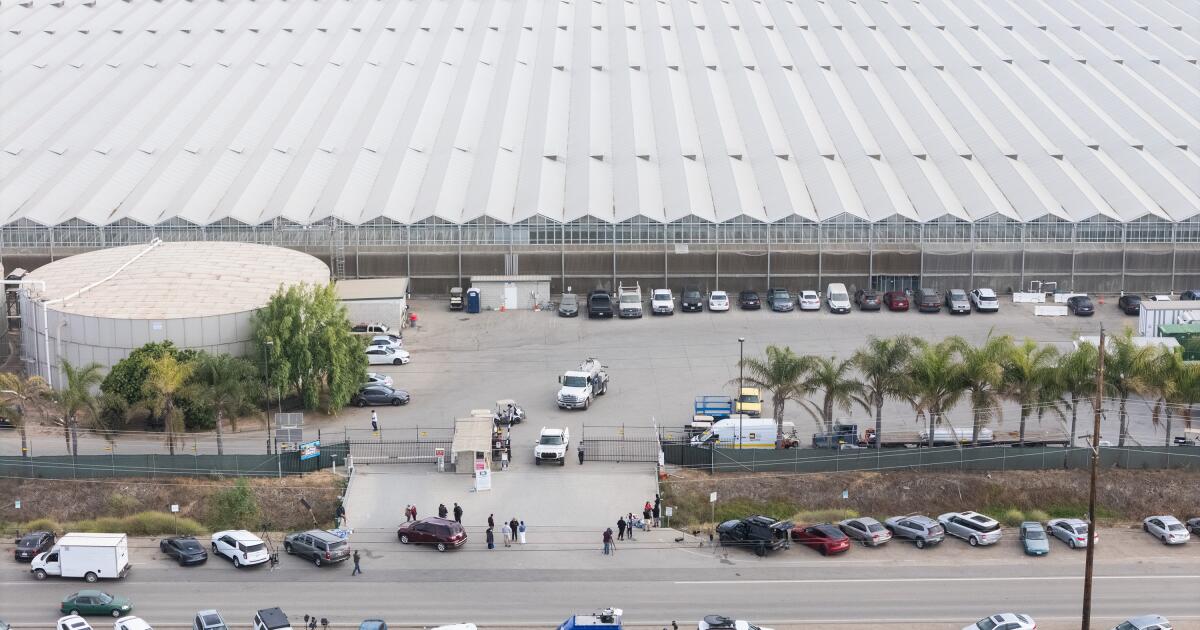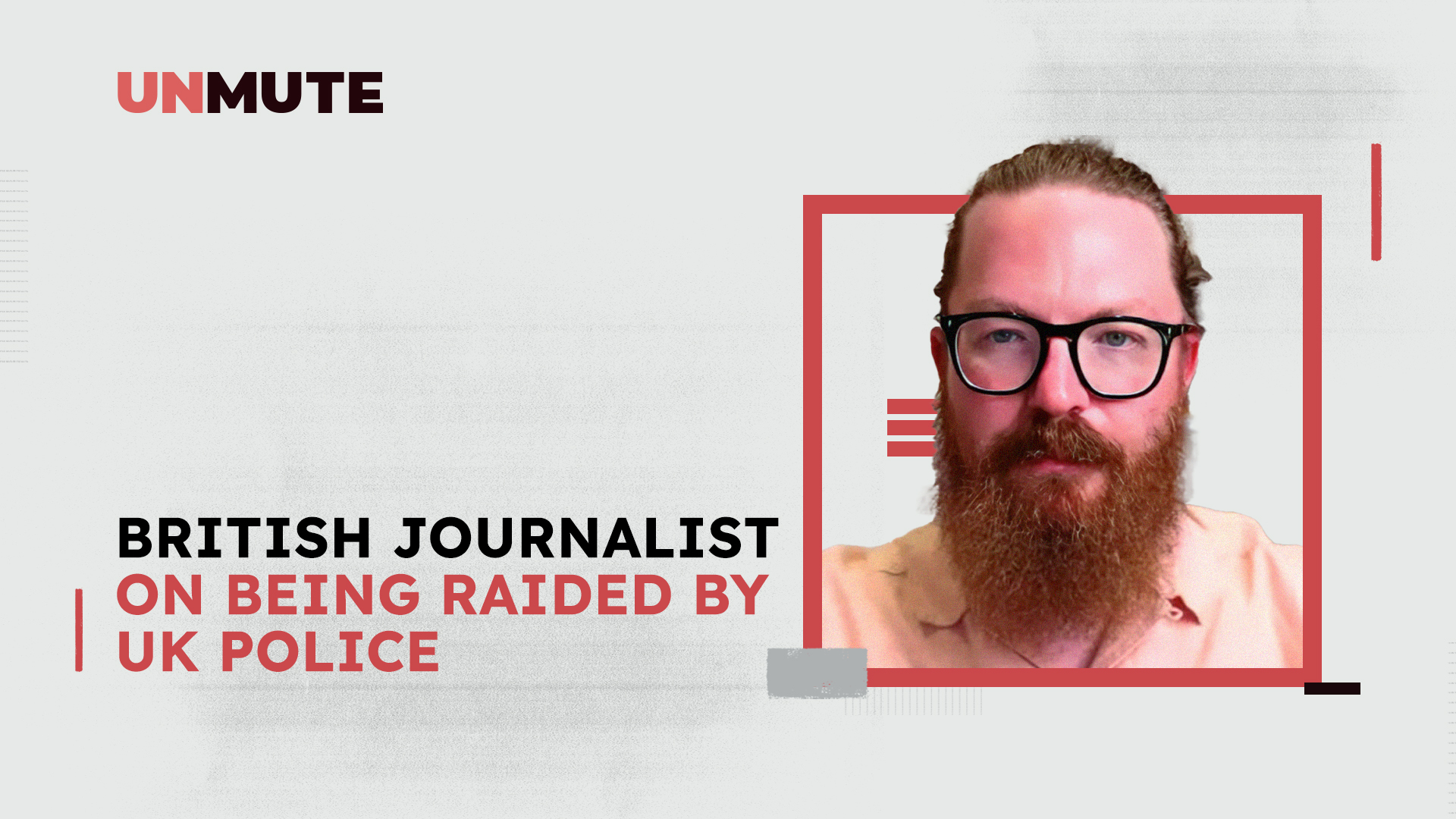Oscar-winning director Basel Adra says Israel raided West Bank home
JERUSALEM — Palestinian Oscar-winning director Basel Adra said Israeli soldiers conducted a raid at his home in the occupied West Bank over the weekend, searching for him and going through his wife’s phone.
Israeli settlers attacked his village Saturday, injuring two of his brothers and one cousin, Adra told the Associated Press. He accompanied them to the hospital. While there, he said that he heard from family in the village that nine Israeli soldiers had stormed his home.
The soldiers asked his wife, Suha, of his whereabouts and went through her phone while his 9-month-old daughter was home. They also briefly detained one of his uncles, he said.
Adra spent the night outside the village, unable to get home and check on his family because soldiers were blocking the village entrance and he was scared of being detained, he said.
Israel’s military said soldiers were in the village after Palestinians had thrown rocks, injuring two Israeli civilians. It said its forces were still in the village, searching the area and questioning people.
Adra said settlers attacked the Palestinians on their land, and denied throwing rocks or seeing anyone from the village do so.
Videos recorded by Adra’s cousin and viewed by the AP showed settlers attacking a man Adra identified as his brother, Adam, who was hospitalized with bruising to his left hand, elbow and chest, according to hospital records shared with the AP.
In another video, a settler chases a solidarity activist through an olive grove, tackling her to the ground.
Adra has spent his career as a journalist and filmmaker chronicling settler violence in Masafer Yatta, the southern reaches of the West Bank where he was born. After settlers attacked his co-director, Hamdan Ballal, in March, he told the AP that he felt they were being targeted more intensely since winning the Oscar.
He described Saturday’s events as “horrific.”
“Even if you are just filming the settlers, the army comes and chases you, searches your house,” he said. “The whole system is built to attack us, to terrify us, to make us very scared.”
Another co-director, Yuval Abraham, said he was “terrified for Basel.”
“What happened today in his village, we’ve seen this dynamic again and again, where the Israeli settlers brutally attack a Palestinian village and later on the army comes, and attacks the Palestinians,” Abraham said.
“No Other Land,” which won an Oscar this year for best documentary, depicts the struggle by residents of the Masafer Yatta area to stop the Israeli military from demolishing their villages. Ballal and Adra made the joint Palestinian-Israeli production with Israeli directors Abraham and Rachel Szor.
The film has won a string of international awards, starting at the Berlin International Film Festival in 2024. It has also drawn ire in Israel and abroad, such as when Miami Beach proposed ending the lease of a movie theater that screened the documentary.
Israel captured the West Bank in the 1967 Middle East War, along with the Gaza Strip and East Jerusalem. The Palestinians want all three for a future state and view Jewish settlement growth as a major obstacle to a two-state solution.
Israel has built well over 100 settlements, home to more than 500,000 settlers who have Israeli citizenship. The 3 million Palestinians in the West Bank live under seemingly open-ended Israeli military rule, with the Western-backed Palestinian Authority administering population centers.
The Israeli military designated Masafer Yatta in the southern West Bank as a live-fire training zone in the 1980s and ordered residents, mostly Arab Bedouins, to be expelled. Around 1,000 residents have largely remained, but soldiers regularly move in to demolish homes, tents, water tanks and olive orchards, and Palestinians fear outright expulsion could come at any time.
During the war in Gaza, Israel has killed hundreds of Palestinians in the West Bank during wide-scale military operations. There has also been a rise in settler attacks on Palestinians, as well as a surge in Palestinian attacks on Israelis.
Frankel writes for the Associated Press.


